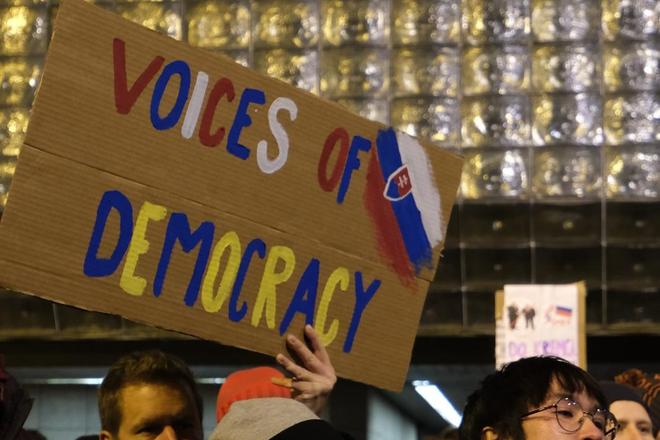As Slovakia continues to grapple with political volatility, democratic backsliding, and growing public cynicism, a parallel civic movement is quietly evolving beyond its borders. In Prague, London, Kraków, and other cities, Slovak emigrants are forming civic cafés (kaviarne): informal yet increasingly structured spaces for public discussion, cultural engagement and political coordination.
Although decentralised and diverse in format, these initiatives are becoming platforms for diaspora participation and civic education. Their emergence signals a shift in how Slovakia’s émigré communities perceive their role: not merely as observers, but as active contributors to public life at home.
Rather than waiting for institutional recognition, initiatives have begun mapping their own ecosystem. Using platforms such as the krajan.sk database, maintained by civic leader Andrej Probst, they are charting Slovak associations abroad, facilitating partnerships and onboarding younger generations of Slovak citizens into civic life.


 Slovensko je Európa protest in Prague on February 7, 2025. (source: Facebook - Pražská kaviareň)
Slovensko je Európa protest in Prague on February 7, 2025. (source: Facebook - Pražská kaviareň)